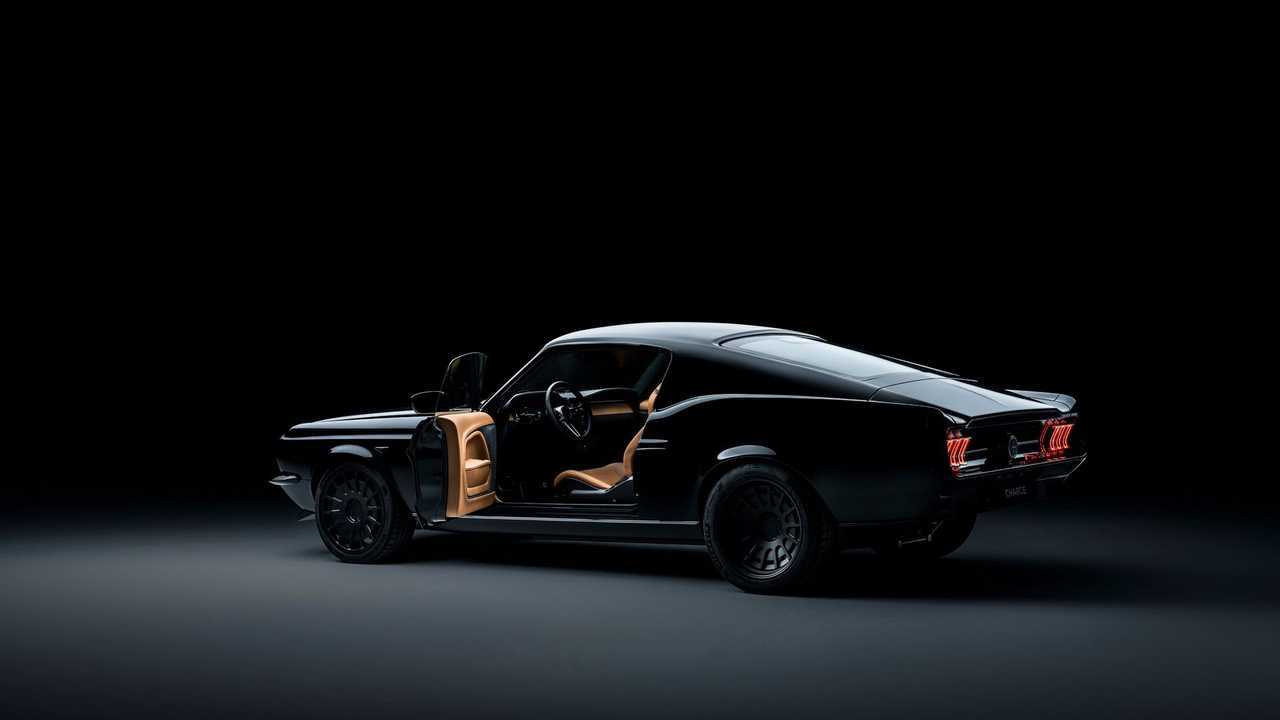Back when I attended the 2019 Goodwood Festival of Speed, one of the most interesting EVs revealed at the venue was the Charge Ford Mustang EV conversion that drew surprisingly large crowds. At the time, the vehicle on display was not fully functional, although it did indicate where the company was going and what type of vehicle it wanted to create, but now they have revealed the production-intent version.
From the outside, it looks like any 1967 Ford Mustang fastback, but that’s literally where the similarities end. Only the basic body from the classic is retained, and the EV restomod gets custom suspension, beefed up brakes and a dual-motor electric powertrain with a combined power output of 536 horsepower and 1,106 pound-feet (1,500 Nm) of torque; sixty miles per hour comes up from standstill in a claimed 3.9 seconds.
Gallery: Charge Mustang EV







Power is drawn from a 64 kWh battery pack that the manufacturer says is good for a maximum range of around 200 miles (320 km) on one charge. Original estimates from two years ago said the range would be even lower, just 124 miles (200 km), but if the vehicle comes close to achieving the new figure, then it should be a fairly usable EV.
The vehicle supports DC fast charging at up to 50 kW and Charge says its vehicles use core components from Arrival, Charge’s tech partner.

Unlike the exterior, the interior has no resemblance to the one in the original Mustang. Everything is gone, having been replaced with a completely new interior that features a big portrait-style infotainment screen, a digital driver’s display, modern materials and buttons. Its look is still trying to provide an homage to the original, so it does look a bit retro, but with that huge screen, it’s really hard to pull it off.
Overall, we really like this Mustang by Charge, and we understand what the company is doing. Sadly, all of this reengineering and premium quality doesn’t come cheap; Charge wants to build 499 of these electric ponies and it is charging £350,000 ($450,000 or €420,000), considerably more than the £200,000 it initially announced.







